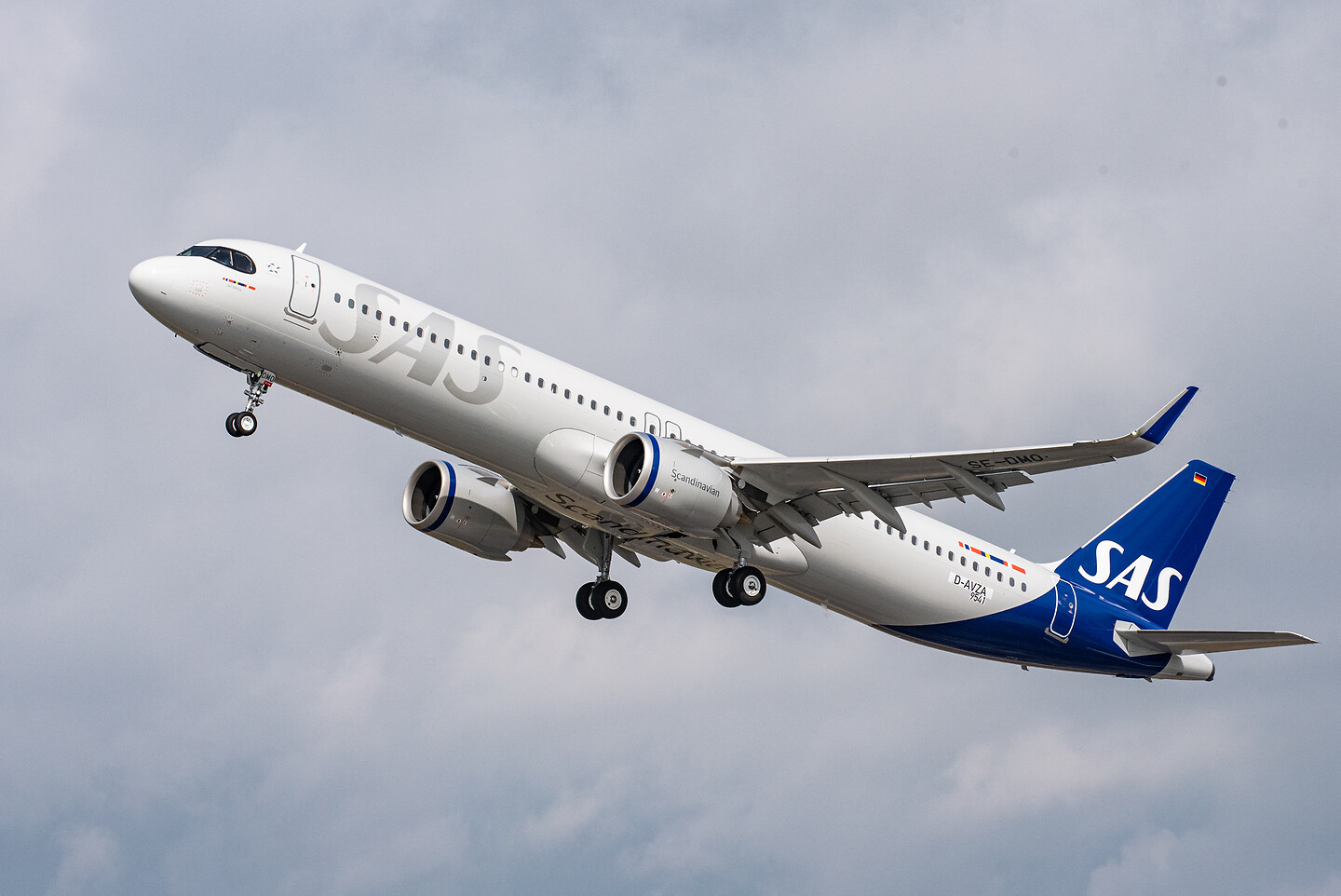
Scandinavian Airlines, often known as SAS, has a rich history and a reputation for reliability. But how much do you really know about this iconic airline? From its origins to its modern-day operations, SAS has played a significant role in connecting Scandinavia with the world. Did you know SAS was the first airline to offer around-the-world service in 1957? Or that it was a pioneer in implementing green initiatives in aviation? Whether you're a frequent flyer or just curious about aviation history, these 16 facts will give you a deeper understanding of Scandinavian Airlines. Buckle up and get ready to learn more about SAS!
Key Takeaways:
- Scandinavian Airlines, founded in 1946, made history with its first intercontinental flight to New York City. It continues to prioritize sustainability and customer experience, offering modern fleets and loyalty programs.
- SAS, a pioneer in aviation, emphasizes safety, punctuality, and Scandinavian culture. With plans for digital innovation and route expansion, it remains a leading force in the industry.
The Birth of Scandinavian Airlines
Scandinavian Airlines, often abbreviated as SAS, has a rich history that dates back to the mid-20th century. Let's explore some fascinating facts about this iconic airline.
-
Founded in 1946: Scandinavian Airlines was established on August 1, 1946, as a consortium of three national airlines from Denmark, Norway, and Sweden.
-
First Intercontinental Flight: SAS launched its first intercontinental flight in 1946, connecting Stockholm to New York City.
Innovations and Milestones
SAS has been a pioneer in the aviation industry, introducing several innovations and achieving numerous milestones.
-
First Polar Route: In 1954, SAS became the first airline to fly over the North Pole, connecting Copenhagen to Los Angeles.
-
In-Flight Entertainment: SAS was among the first airlines to introduce in-flight entertainment systems in the 1960s.
Fleet and Operations
The airline's fleet and operational strategies have evolved significantly over the years.
-
Modern Fleet: SAS operates a modern fleet of Airbus and Boeing aircraft, including the Airbus A350 and Boeing 737.
-
Sustainability Efforts: SAS is committed to sustainability, aiming to reduce carbon emissions by 25% by 2025.
Customer Experience
SAS places a strong emphasis on providing a superior customer experience.
-
EuroBonus Program: Launched in 1992, the EuroBonus loyalty program rewards frequent flyers with points that can be redeemed for flights, upgrades, and other benefits.
-
SAS Lounges: SAS offers exclusive lounges at major airports, providing a comfortable space for passengers to relax before their flights.
Partnerships and Alliances
Collaborations and alliances have played a crucial role in the airline's growth and success.
-
Star Alliance Member: SAS is a founding member of the Star Alliance, the world's largest global airline alliance, established in 1997.
-
Code-Sharing Agreements: SAS has code-sharing agreements with several airlines, expanding its network and offering more destinations to passengers.
Safety and Reliability
Safety and reliability are top priorities for SAS.
-
Safety Record: SAS has maintained a strong safety record over the years, with rigorous safety protocols and training programs for its crew.
-
Punctuality: SAS is known for its punctuality, consistently ranking among the top airlines for on-time performance.
Cultural Impact
SAS has made a significant cultural impact in Scandinavia and beyond.
-
Scandinavian Design: The airline's branding and interiors reflect Scandinavian design principles, emphasizing simplicity, functionality, and elegance.
-
Cultural Sponsorships: SAS supports various cultural events and initiatives, promoting Scandinavian culture globally.
Future Prospects
Looking ahead, SAS continues to innovate and adapt to the changing aviation landscape.
-
Digital Transformation: SAS is investing in digital technologies to enhance the passenger experience, including mobile apps and self-service options.
-
Expansion Plans: The airline plans to expand its route network, adding new destinations and increasing flight frequencies to meet growing demand.
Scandinavian Airlines: A Quick Recap
Scandinavian Airlines, known as SAS, has a rich history and a strong presence in the aviation industry. Founded in 1946, SAS has grown to become a major player in European air travel. With a fleet of over 150 aircraft, they serve more than 100 destinations worldwide. SAS is a founding member of the Star Alliance, which enhances its global reach and connectivity.
The airline is committed to sustainability, aiming to reduce its carbon footprint through various initiatives like using biofuels and modernizing its fleet. SAS also offers a range of services to enhance passenger experience, including SAS Plus and SAS Business classes, providing comfort and convenience.
From its innovative loyalty program, EuroBonus, to its focus on safety and customer satisfaction, SAS continues to set high standards in the aviation industry. Whether you're a frequent flyer or planning your next trip, SAS offers reliability and quality.
Frequently Asked Questions
Was this page helpful?
Our commitment to delivering trustworthy and engaging content is at the heart of what we do. Each fact on our site is contributed by real users like you, bringing a wealth of diverse insights and information. To ensure the highest standards of accuracy and reliability, our dedicated editors meticulously review each submission. This process guarantees that the facts we share are not only fascinating but also credible. Trust in our commitment to quality and authenticity as you explore and learn with us.


